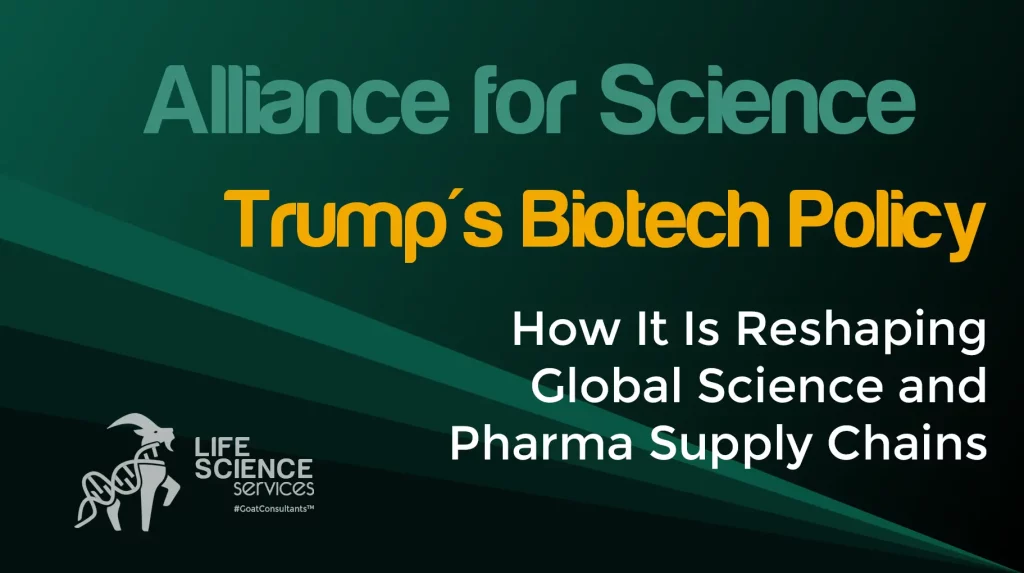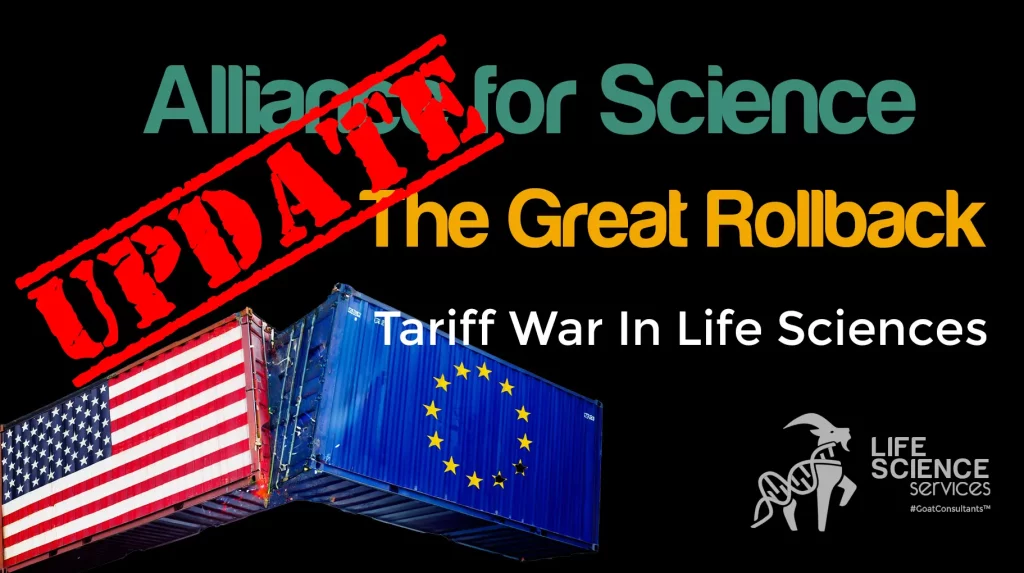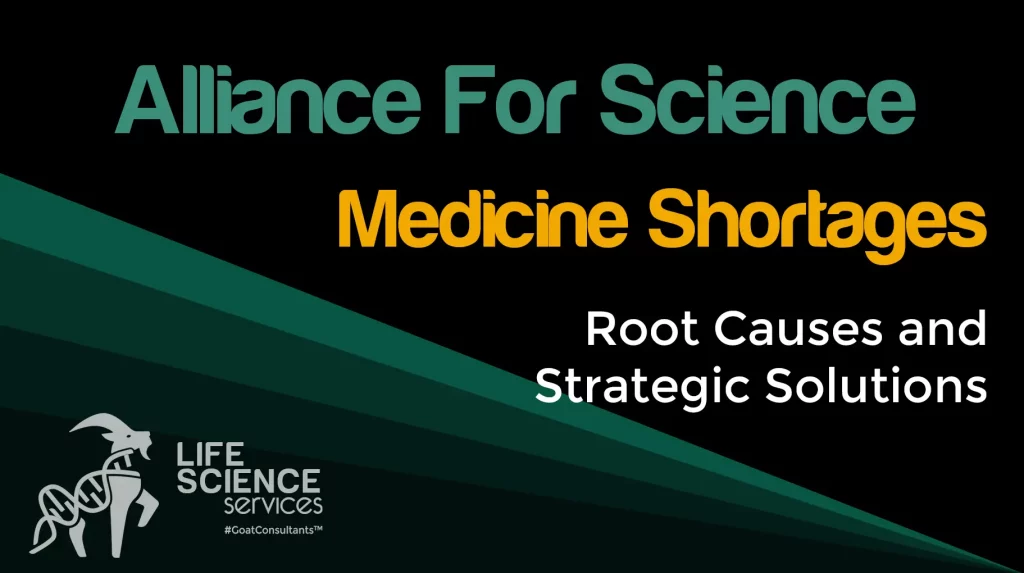
Mastering Regulatory to Shape the Future of Healthcare in 2025
Key Upcoming Regulations in 2025 in USA and Europe
In 2025, several key regulations will impact life sciences companies in the USA and Europe. New privacy laws will come into effect in the USA, including enhanced capital requirements and sustainability disclosure requirements. In Europe, the Digital Operational Resilience Act (DORA) and the Health Technology Assessment Regulation (HTAR) will be significant. These regulations aim to streamline access to innovative health technologies and ensure digital resilience in financial services.
New! Listen to the article as podcast!
Data-Sharing Obligations Under the Data Act
The EU Data Act, effective from September 12, 2025, imposes several data-sharing obligations on life sciences companies. Manufacturers of connected products must design products to make use-generated data easily accessible to users and third parties of the user’s choice. This includes providing information about data generation, access, retrieval, and erasure before entering a contract. Additionally, data must be shared under fair, reasonable, transparent, and non-discriminatory terms.
Obligations Under the EU Biotech Act
The Biotech Act, part of the broader Strategy for European Life Sciences, will introduce new obligations for life sciences companies. These include ensuring compliance with regulations related to gene therapy advancements, personalised medicine, and reliance on real-world evidence. The act aims to support green and digital transitions and develop high-value technologies to accelerate time-to-market of new therapies.
Key Provisions of the US Biotech Act
The US Biotech Act introduces comprehensive regulations for gene editing technologies, particularly CRISPR, and establishes strict guidelines for development and testing while ensuring patient safety. The framework requires thorough safety evaluations and implements enhanced clinical trial protocols. Companies must maintain transparency in their research processes and share data with regulatory bodies and the public. The act also addresses ethical concerns around gene editing, including germline modifications, by establishing oversight committees and ethical guidelines. Additionally, it mandates continuous post-market surveillance of gene-edited products and requires companies to monitor long-term safety and report any adverse events promptly.
The impact of ESG in the Future of Healthcare 2025
Executives can shape the future of ESG (Environmental, Social, and Governance) in 2025 by integrating ESG principles into their business strategies. This involves setting clear ESG goals, investing in sustainable practices, and ensuring transparency in reporting. Embracing ESG can enhance a company’s reputation, attract investors, and drive long-term growth. It is helpful for business and essential for staying competitive in a rapidly evolving market.

Read more on Licensing agreements and how they have become a cornerstone for small and mid-tier life sciences companies, providing critical funding and strategic collaboration opportunities.
Future of Healthcare 2025: Practical Takeaways
To maximise their role in shaping the Future of Healthcare 2025, companies should:
- Regulatory Complexity: Navigating the increasing regulatory complexity requires robust compliance strategies and investment in technology. Proactive adaptation is non-negotiable.
- Data Management: Effective data management and sharing are crucial under the new Data Act. Ensure systems can handle cross-border requirements.
- Innovation: Staying ahead in biotech advancements and personalised medicine is essential.
- ESG Integration: Embracing ESG principles can drive business success and sustainability. Align strategies to turn ESG into opportunity.
- Technology Adoption: Leveraging modern ERPs and AI solutions can streamline compliance and operational efficiency. Stay agile, compliant, and competitive.
#GOATConsultants™-Level Insights:
The 2025 regulatory landscape presents a strategic opportunity for life sciences companies. Those who go beyond basic compliance – leveraging data-driven insights, ESG principles, and digital transformation – will gain significant competitive advantages. By turning regulatory challenges into opportunities through technological innovation and sustainable practices, forward-thinking organizations will lead the evolution towards a more efficient and accessible healthcare system.
Ready to shape the Future of Healthcare 2025?
Contact us at #GOATConsultants™ for tailored solutions that deliver measurable results
Make the most of 2025 with our Key Financial Focus Articles.
- Latest News On Tariffs In Life Sciences
- Trump’s Biotech Policy Is Reshaping Global Science and Pharma Supply Chains
- Tariff Exemptions in Life Sciences – A Closer Look at the April 2025 Update
- Licensing Agreements In Life Sciences Amidst Trade Wars and Regulatory Shifts
- Tariff War In Life Sciences: How to Manage Customs Risks and Costs
- Medicine Shortages in the EU: Root Causes and Strategic Solutions
Learn more about financial management in the life sciences.
- Mastering Licensing Agreements Financial Management for Life Sciences Success

- Is Finance The Weak Link in Biotech Innovation?

For more information on Regulatory norms, visit:






